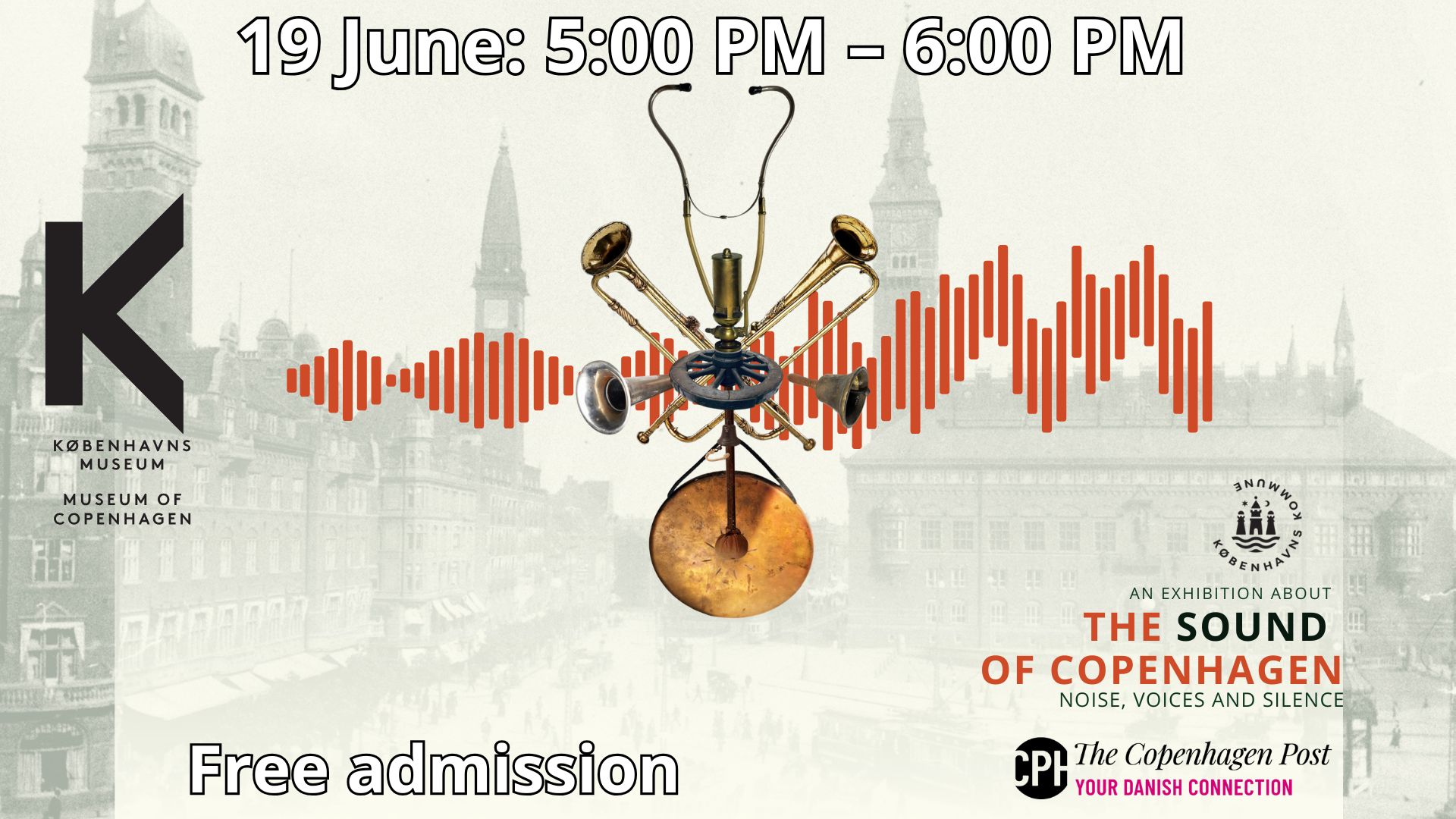Asylum-seekers from centres across the country in Avnstrup, Dianalund, Kalundborg and Korsør could soon be getting their own football league.
A collaboration of players like DBU, Tryg Foundation and the Red Cross are working to create the ’Asylliga’, the Asylum League, which will allow the centres to compete against one another.
Per Bjerregaard, the initiator of the idea and former head of Brøndby IF, said that the idea behind the project is to facilitate integration.
“The project can contribute in a variety of areas,” Bjerregaard told TV2 News. “Asylum-seekers will get exercise and variety in their everyday lives and gain access to other Danes and associations in Denmark. In this way we can facilitate integration through football.”
A kick toward integration
Kasper Koch, the head of strategy and project development at Red Cross Asylum, said the project would create opportunities for asylum-seekers to stay in Denmark and find jobs.
“Being part of an association is a huge key to getting a residence permit and to integration,” said Koch. “You can also build a good network through sport, and we know that about three quarters of all jobs come through personal networks.”
Koch also said that football helps alleviate the loads brought on by the asylum-seeking process.
“Football is brilliant because almost anyone can shoot a ball – regardless of language,” he said.
“It’s also healthy for asylum-seekers to keep their heart rates up and get their mind on something else when they have experienced many hard things.”
READ MORE: Girls feeling left out at football clubs
Should the league become a reality, competition would kick off in August.














